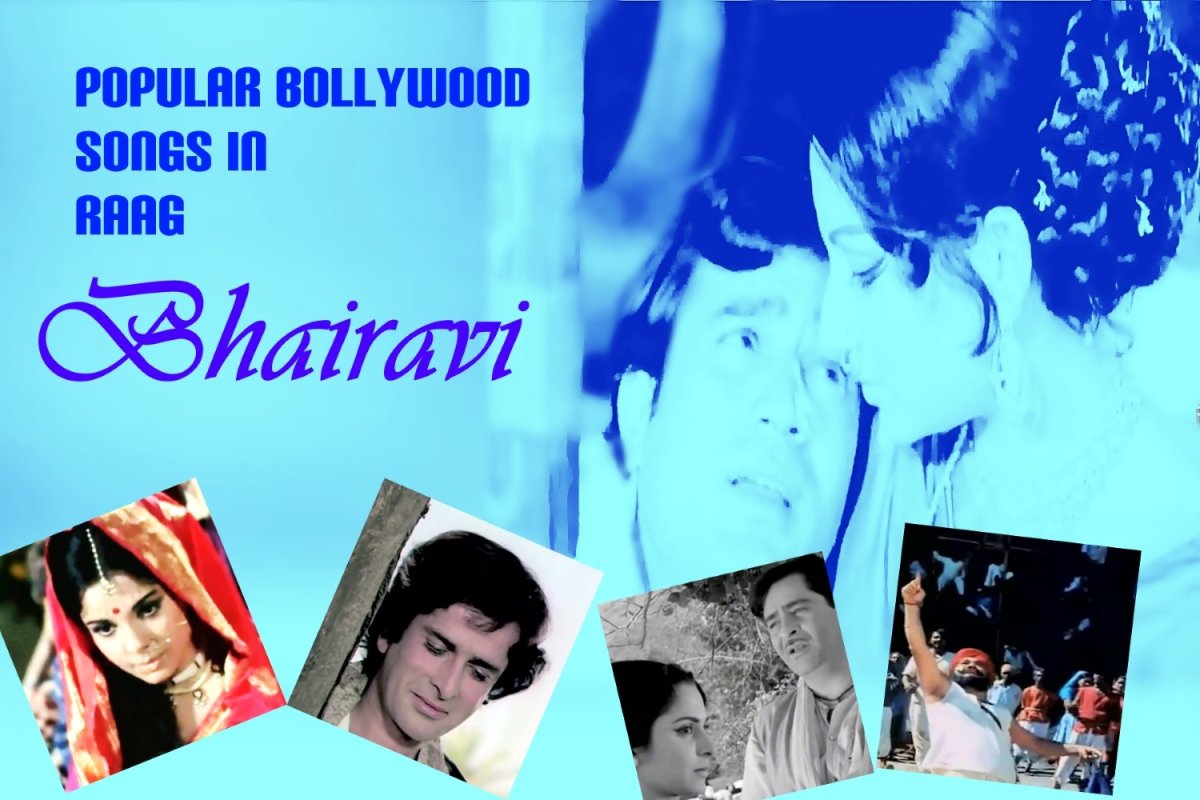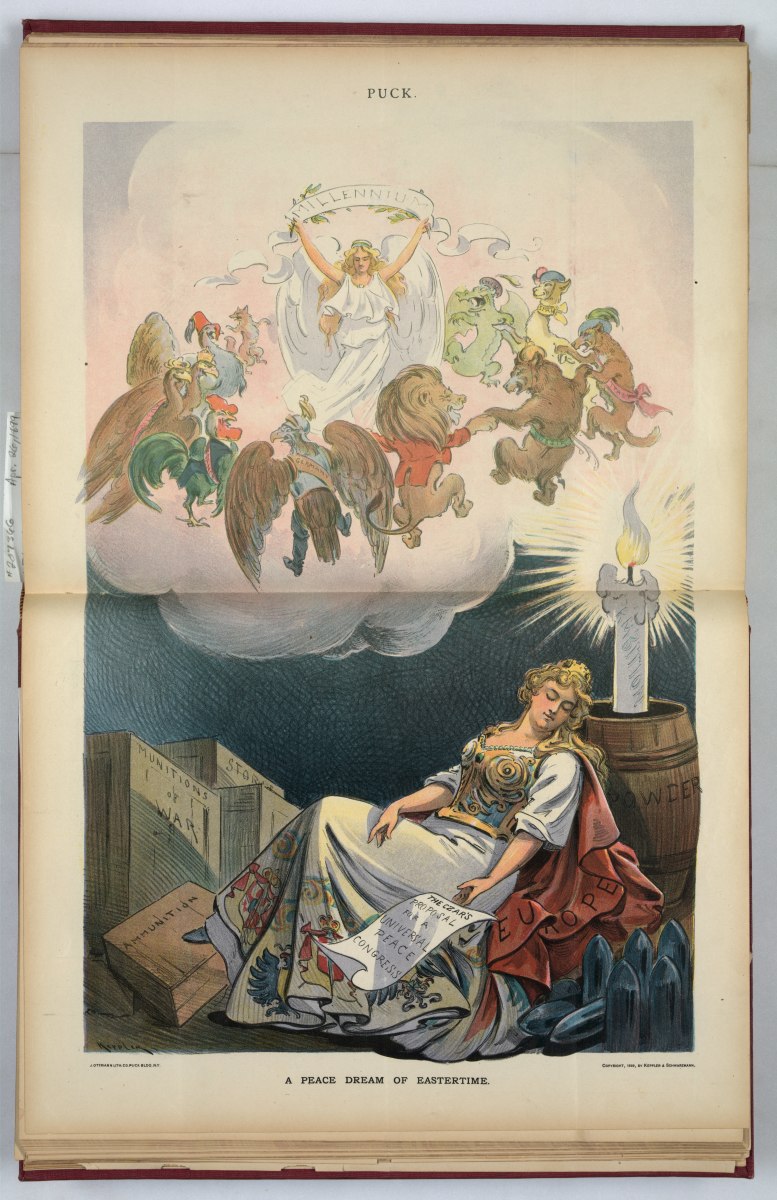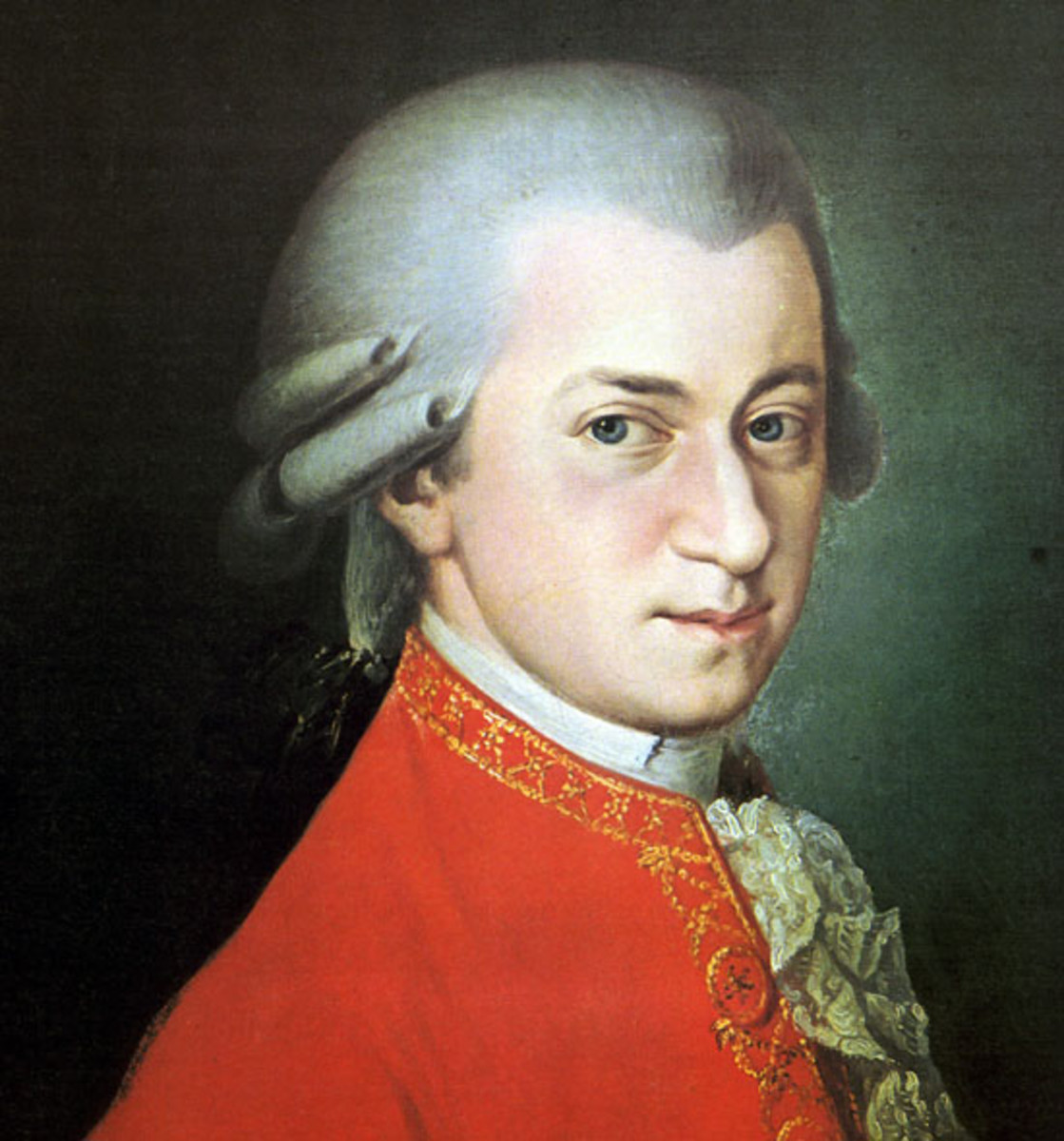- HubPages»
- Books, Literature, and Writing»
- Books & Novels»
- Nonfiction
Great Books on Classical Music Composers
There are various reasons to read about the lives of famous classical music composers. To know about their personalities and careers, to explore the context of their music, to trace the develoment of music in the West, or simply to be entertained. Whatever the case, one is spoilt for choice with the rich literature ranging from memoirs of the composers themselves or scholarly discussions about them.
The Memoir of Hector Berlioz
During his career, Berlioz had a reputation of being an eccentric rebel who struggled against the establishment of the time (specifically of France and her National Conservatoire). The man was a restless artist who gave performances all around Europe. He had also turn to writing music reviews for a living and earned fame/notoriety in that field. To sum up, who is more suitable to write about Berlioz than himself?
Berlioz' famous wit shines and his stories are told vividly if somewhat prone to exaggeration (but how many people can avoid that?). One needs a certain degree of knowledge about music theory to fully appreciate his spirited discussion about composing and conducting music, displaying a great passion for his chosen profession. However, a casual reader will still be entertained and informed by the detailed account of politics and institution of the artistic life of the time. The drama as experienced by Berlioz is on par of great movies.
The version translated and edited by David Cairn and published by Everyman's Library is helpful with a timeline of Berlioz' career juxtaposed with historical events. It also has comments on Berlioz by his contemporaries and annotations.
Schumann on Music: A Selection from the Writings
In his lifetime, Schumann's reputation as a critic probably eclipse his reputation as a composer. In a contrast to Berlioz, he treated journalism not as a means to earn money and thus a burden but as a weapon to fight against what he considered callousness and apathy in the music world of his time. Thus, though not as dramatic and caustically witty as Berlioz', Schumann's writing is no less passionate and engaging. It speaks about music in a very personal way amid all the technical dissection. What is especially interesting is the way Schumann talked about new music that excited him like Chopin's and Berlioz', which is still critical but full of admiration and love. There is also a degree of charming whimsicality, especially in the pieces written when he was younger with all the conversations and debates between imaginary characters.
As reflected in the title, the book consists of 61 notable articles in Neue Zeitschrift für Musik written in a ten year span from 1834 to 1844 arranged in chronological order.
Chopin's Letters
I must admit that there is something voyeuristic about reading correspondence, famous people or no, unless such discourse is made public by the writers themselves. On the other hand, the ever present curiosity about celebrities makes it a guilty pleasure. And Chopin was a charming letter writer. He was not the kind of correspondent who goes into minute details, but his letters are expressive and emotional, just like his music.
We can see how he grew from a schoolboy to an adult, the dramatic contrast in how he talked to his family and close friends to how he addressed other people (one recalls Liszt's comment "Ready to give everything, he never gives himself"), his reactions to the great changes in his living circumstances. Being private correspondence, the letters naturally bring a very "warts and all" feeling: we get to know not only Chopin's famous poetic sensitiveness and his tenderness for his loved ones but also his moments of, to quote a blogger, "being a spoilt brat". Nevertheless, the book is not meant to disparage the great composer; it tells us about the life experiences that went into the music.











